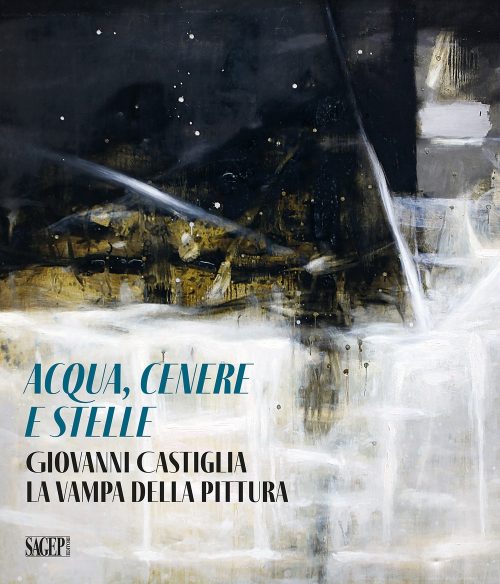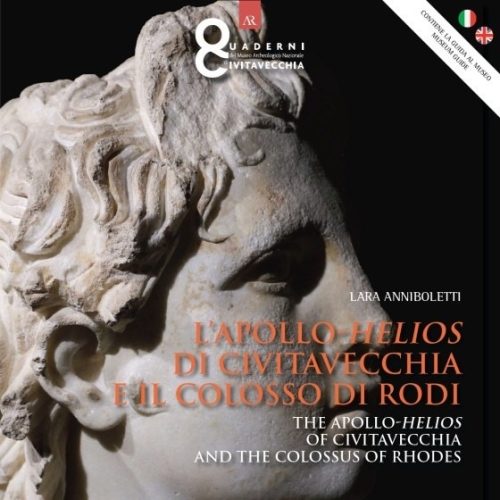Pregnancies, childbirths and religions : rituals, normative perspectives and individual appropriations : a cross-cultural and interdisciplinary perspective from antiquity to the present
Pregnancies, childbirths and religions : rituals, normative perspectives and individual appropriations : a cross-cultural and interdisciplinary perspective from antiquity to the present
How do religions deal with pregnancy and childbirth? This is the main question we aimed at answering during the International Workshop Pregnancies, Childbirths, and Religions: Rituals, Normative Perspectives, and Individual Appropriations. A Cross-Cultural and Interdisciplinary Perspective from Antiquity to the Present at the Max-Weber-Kolleg (University of Erfurt). The aim is to analyze how religious discourses have described and influenced such natural and strictly female practices. Within a religious discourse, pregnancy can be a divine gift, childbirth can be virginal. Many other questions arose from this: As far as childbirth is concerned, impurity is a central issue; how do/did religions cope with the (perceived) impurity caused by the birth event? How can we explain the different attitudes towards pregnancy and childbirth in the religious discourses? To what extent do (male) religious authorities and sacred texts dictate maternal practices in a normative way? Do they tell women how to get pregnant, what to do during the pregnancy and how to give birth? Do they blame women who cannot or do not want to have children? To what extent do women feel free to transgress without blaming themselves for not being a “good” women and obedient members of a specific religious tradition? In which way can/could women’s decision not to have children or disregard religious rules be perceived as religious individualization and autonomy from social inter-connectedness?
- N° scheda: D0242060927
- ISBN-13: 9788866871750
- Autori: Petrucci, Giulia
- Città: Roma
- Editore: Scienze e Lettere
- Anno: 2020
- Mese: Aprile
- Titolo della collana: sacra publica et privata
- Numero collana: 10
- Numero pagine: 229
- Illustrazioni: COL + B/N
- Dorso: 24 cm
- Peso: 505 gr
- Paese: Italia
- Lingua: Multilingua
- Condizione: Nuovo
- Tipo di pubblicazione: Monografia
- Classificazioni Dewey: Religione; Altri Rami della Medicina Ginecologia e Ostetricia
- Pagine Introduzione: XXVIII
- Genere: Atti di Convegno


